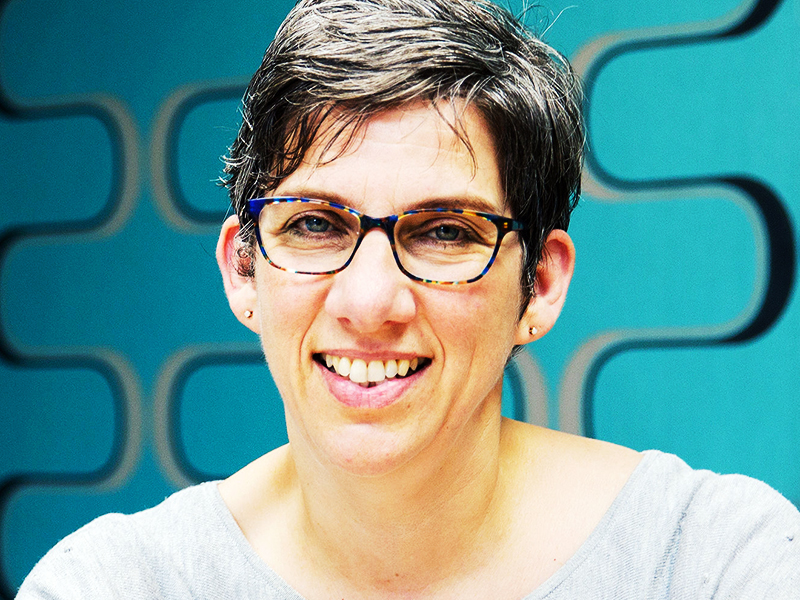You know your organisation does great and essential work to support people or communities, and day to day you can see that it really makes a difference, but when it comes to articulating and providing evidence of impact you struggle to really tell the story.
If this is you, then you are probably in the business of delivering change through educating, inspiring, empowering, supporting, or inspiring people. This magic that goes on between people is not possible to measure using simple approaches or numbers alone, it needs an approach that recognises the relationships at the heart of change.
It is hard, but not impossible, to know whether and how your complex people-based initiative make the difference you intend. It is only possible though, with the right kind of complexity-informed approaches. That’s why we recently published our practical handbook for organisations delivering public services. The book brings together our learning from 150 organisations as we developed and tested an approach that really helps them to meaningfully understand and track their impact.
One of these was a community well-being service, that we introduce in the preface to our book. This organisation had grown from community need and was connecting people who found it hard to access services into relevant heath and social care. The staff could see the difference this made to people’s lives, but when it came to being judged by commissioners, and applying for refunding they found themselves in a difficult position. They were doing all the right things: prevention, working in partnership and putting people first; but they weren’t contributing to the measures for the Health and Social Care Partnership (HSCP) nor the public health funders. Those funders were looking for instant savings, fewer beds being occupied, or immediate reductions in need. This service was adding to costs in the short term, but doing the right thing and contributing to much better outcomes for people in the long term.
This story is a common one, services being judged on simple measures that mask what is important about the work they do. Instead, we advocate an approach that allows organisations to set out exactly how their work makes a difference for people, using a theory of change approach. This makes it completely transparent what is delivered, who is engaged and how carefully organisations work to engage the people that matter to them, what is learned and gained, what people do differently and what difference this makes. After setting out this clear story, we support them to bring together data, evidence and feedback, with an emphasis on people’s own stories and words, to demonstrate impact.
In the case of the service above we worked together to do this, and to empower staff to collect and analyse data that made sense to them, helped them learn and reflect, as well as building up an impact story. The result was a report that really demonstrated how this careful work was done and what difference it made to people, that funders were happy to accept and meant they continued to be supported to deliver the work.
It's not easy to do this work to really understand and track impact, but it does bring real benefits. It empowers staff to see how meaningful their work is and to use evidence for learning and improvement. It helps decision-making and supports the development of learning organisations. Ultimately it makes organisations more efficient, effective and attractive to funders.
Sarah Morton is Director and Co-Founder of Matter of Focus







